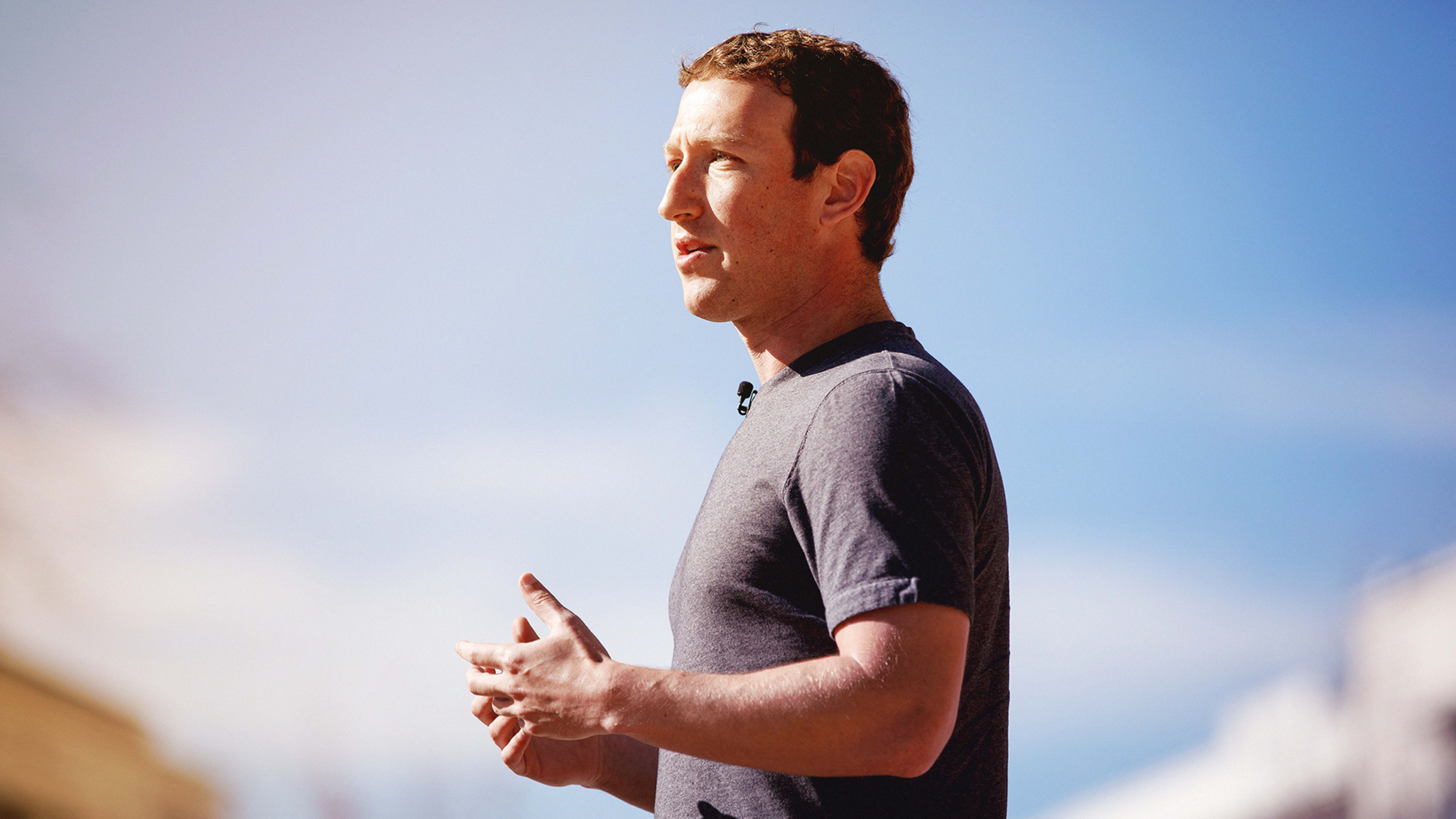Mark Zuckerberg testified before Congress this week. While many questions explored how Cambridge Analytica obtained the personal data Facebook kept on 87 million people, that’s just the tip of the iceberg. There’s a lot more at stake–from continued political manipulation to algorithmic bias–and we still need answers.
Unfortunately, Mr. Zuckerberg evaded many of the more hard-hitting questions, such as how Facebook collects data outside of their platform. For a company that knows just about everything about its users, “I don’t know” is an especially ironic and unacceptable answer.
Here are four critical questions that we haven’t heard clear answers to yet:
1) How can people easily opt-out of being tracked across the Web by Facebook via their hidden web trackers?
Little known to the public, Facebook operates a massive hidden tracker network outside of Facebook. Their trackers are lurking behind about 25% of the top million sites, from People.com to CVS.com–websites where consumers don’t expect to be tracked by Facebook.
People deserve an easy way to opt-out of all this hidden tracking, and Zuckerberg has so far ducked all questions related it.
Even for non-Facebook users, Facebook still creates “shadow profiles” on them based on their browsing history. (So does Google, which has trackers lurking behind about 75% of sites.)
There are third-party tools people can use to block trackers, but this shouldn’t be an arms race. Instead, Facebook and others should be forced to be participatory in easy opt-out mechanisms.
2) Will Facebook make it easier to opt-out of hyper-targeted political advertising including placing a link to a complete opt-out setting next to each ad?
Facebook has new election security measures that Zuckerberg mentioned in his testimony, but so far is not providing any quick and direct opt-out of hyper-targeted political advertising by linking directly to an opt-out setting right next to political ads. Instead, Facebook plans to add disclosures “similar to the disclosure you see today for political ads on TV.”
That’s not good enough. Very few people notice or engage with secondary disclosures or dig through Facebook’s complicated array of privacy settings. And, TV ads don’t follow you around the internet based on your every like, search, or purchase the way Facebook (and Google) ads do. Without exposing an easy opt-out next to political ads themselves, hyper-targeted manipulative messaging, not possible via TV, will still have the bulk of their negative effects.
3) Do you actively combine or have any future plans to combine Instagram or WhatsApp data or any external data with Facebook data?
In a recent survey we conducted of U.S. adults, more than half did not know that Facebook owns Instagram. That’s a big cause for concern. Many people are disengaging with Facebook in favor of Instagram without realizing that the same company is still handling their personal data.
Facebook is known to combine data sources to enable hyper-targeting on their ad platform, but what exactly is combined remains a secret. Facebook recently announced it was shutting down its “Partner Categories” feature where data brokers could offer their targeting parameters on Facebook. However, it is still unclear whether Facebook itself still purchases data from these brokers like offline credit card purchases, or how it treats data from its multiple platforms.
4) Will people be able to see an audit trail of what data was accessed about them by third parties?
While Facebook is making progress on restricting user data via its APIs, personal information can still be requested by third-parties. Everyone should be able to easily find out exactly what data Facebook has transferred to third parties on a timeline and at a granular level. The same applies to Google and other companies.
More generally, The European Union is already taking needed steps with its upcoming General Data Protection Regulation (GDPR) taking effect in May, and there’s no good reason that Americans should not have similar rights to their personal information.
It’s past time for Congress to step up with smart regulations and informed policy. Mr. Zuckerberg may have survived round one and generated agreement that regulations are needed, but Congress should now continue the hard work of getting answers at the heart of the issues and act on them.
Gabriel Weinberg is the CEO & founder of DuckDuckGo, an internet search engine that emphasizes protecting users’ privacy.
Recognize your brand’s excellence by applying to this year’s Brands That Matter Awards before the early-rate deadline, May 3.
